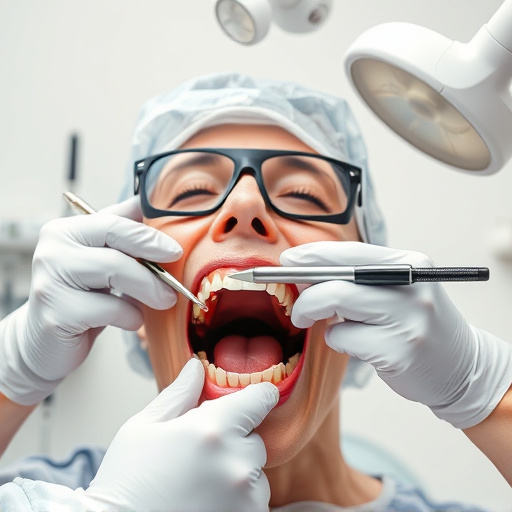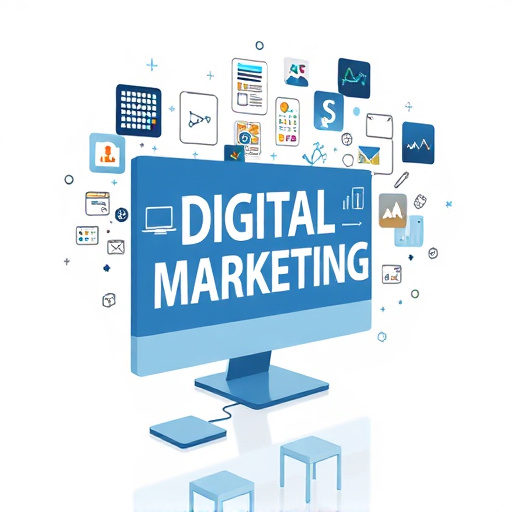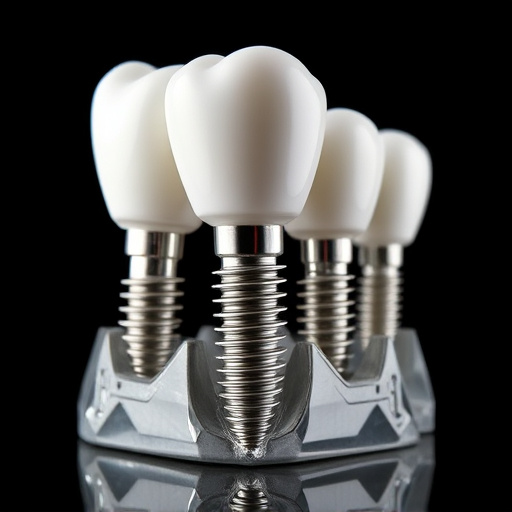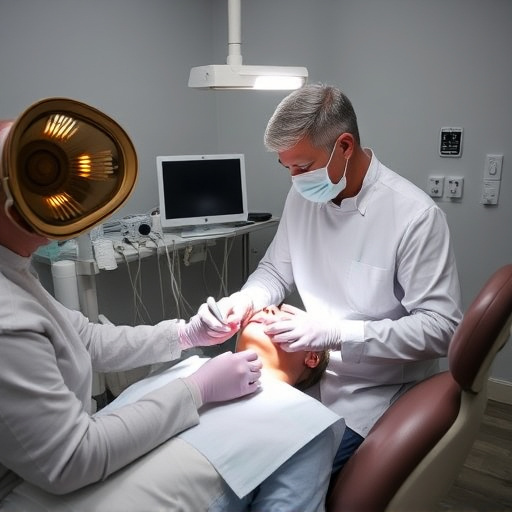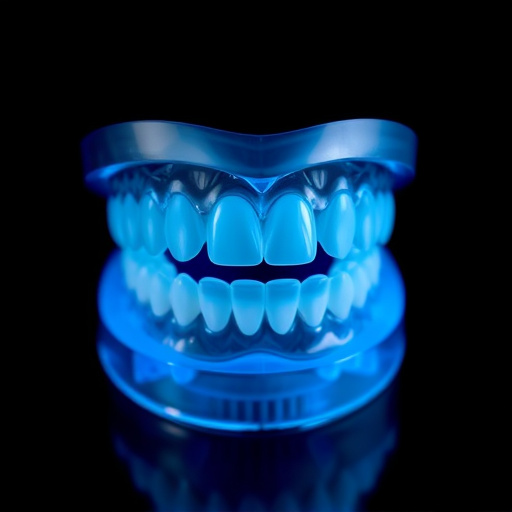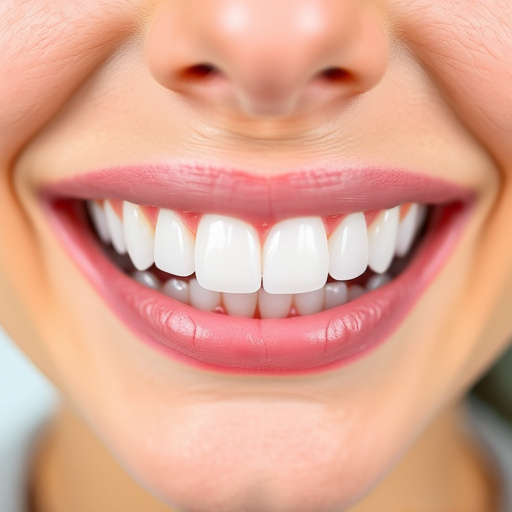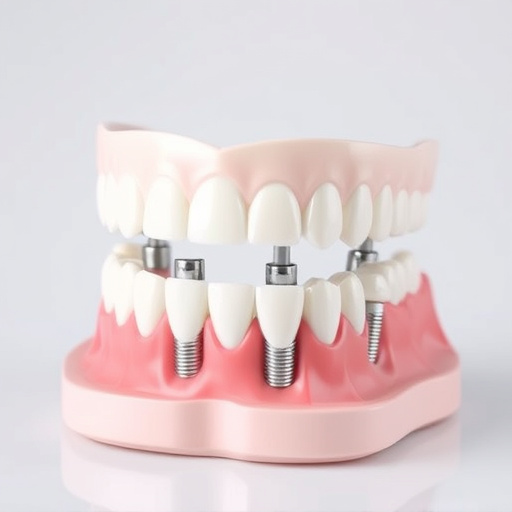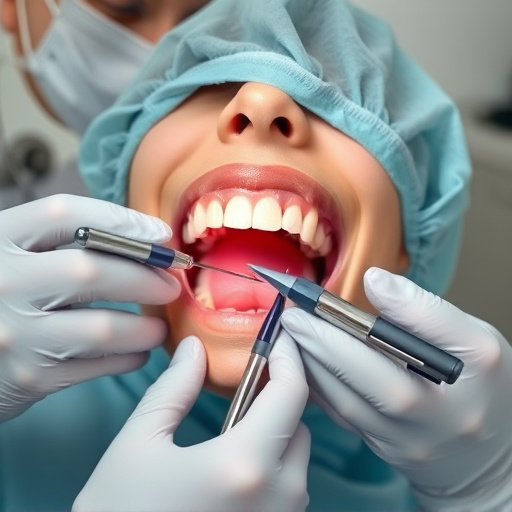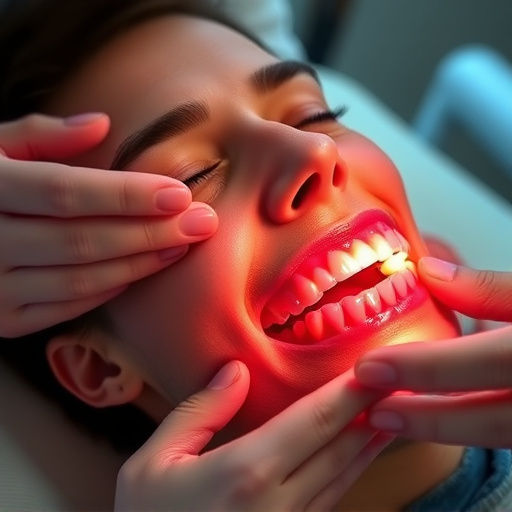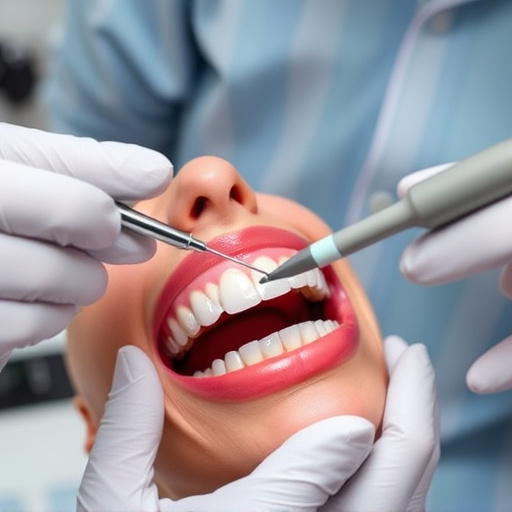Oral cancer affects diverse individuals, not just those with poor hygiene. Regular oral cancer screening, alongside dental check-ups, is crucial for early detection of precancerous lesions. Visual and tactile examinations, aided by tools like VELscope or oral DNA testing, can identify suspicious areas. Early intervention through screenings improves treatment outcomes, reduces aggressive procedures, and enhances quality of life.
Oral cancer screening is an essential step in maintaining optimal health, often serving as a lifesaver. Despite its prevalence, many individuals overlook the potential risks. This article delves into the crucial aspect of early detection for oral cancer, emphasizing its significance in preventing severe illnesses. We’ll explore the scope of oral cancer risk factors and understand how regular screening can detect abnormalities at their earliest stages. By highlighting the benefits and process, we aim to encourage awareness and proactive healthcare measures.
- Understanding the Scope of Oral Cancer Risk
- Early Detection: A Lifesaving Strategy
- The Process and Benefits of Screening
Understanding the Scope of Oral Cancer Risk
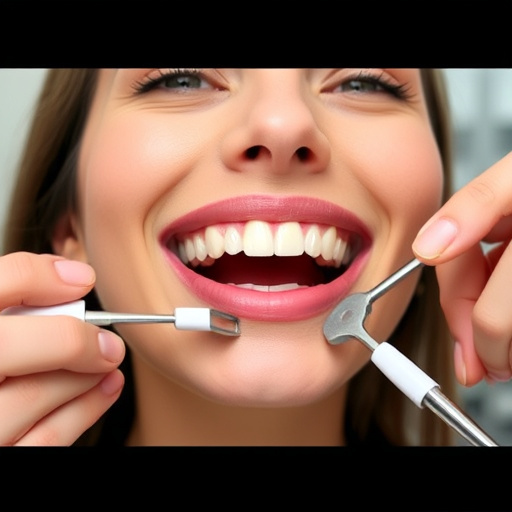
Oral cancer, while often overlooked, is a serious health concern that affects thousands of individuals annually. Understanding the scope of this risk is paramount when considering the importance of regular oral cancer screening. Many people believe that oral cancer only strikes those with poor oral hygiene or advanced age, but this perception could not be further from the truth.
Risk factors are diverse and include genetics, lifestyle choices, and even certain medical conditions. For instance, individuals who have undergone previous dental bonding or wisdom tooth removal might have slightly altered risks due to these procedures. Moreover, those with a history of smoking, chewing tobacco, or excessive alcohol consumption are significantly more susceptible. Recognizing these variables is crucial for navigating the landscape of oral cancer prevention and ensuring timely intervention through effective screening methods.
Early Detection: A Lifesaving Strategy

Early detection is a critical component of any cancer prevention strategy, and oral cancer screening plays a pivotal role in this regard. Regular dental check-ups that include specialized oral cancer screenings can often detect abnormalities or precancerous lesions at their earliest stages. This early intervention is transformative, as it significantly improves the chances of successful treatment and recovery. The process typically involves advanced visual examinations and sometimes, biopsies to analyze any suspicious areas within the mouth, lips, or throat.
By incorporating oral cancer screening into routine general dentistry visits, individuals can benefit from proactive healthcare measures. Moreover, as dental fillings (both cosmetic and functional) have evolved, they can help address potential issues while also maintaining an individual’s smile and overall oral health, further underscoring the importance of regular dental care and screenings for preventing serious illnesses like oral cancer.
The Process and Benefits of Screening

Oral cancer screening is a simple yet powerful tool that plays a pivotal role in early detection and prevention. The process involves a thorough examination of the mouth, including the tongue, gums, lips, and throat, often conducted by dental professionals during routine check-ups. This non-invasive procedure uses visual inspection, tactile exploration, and advanced diagnostic tools like VELscope or oral DNA testing to identify any suspicious lesions, ulcers, or abnormalities.
The benefits of regular oral cancer screening are manifold. Early detection can significantly improve treatment outcomes, as smaller tumors are easier to remove and less likely to spread. It also helps in reducing the need for aggressive procedures such as extensive tooth extractions or complex restorative dentistry involving dental crowns. By identifying potential issues at an early stage, individuals can receive appropriate treatment, which may include simple procedures like cauterization or excision of the affected area, thus minimizing the impact on overall health and quality of life.
Oral cancer screening is not just a precautionary measure; it’s a powerful tool in our arsenal against serious illness. By understanding the scope of risk, embracing early detection, and recognizing the benefits of regular screening, we can significantly improve outcomes for those affected by oral cancer. Don’t underestimate the importance of this simple yet life-saving process. Incorporate oral cancer screening into your routine care to protect your health and peace of mind.

